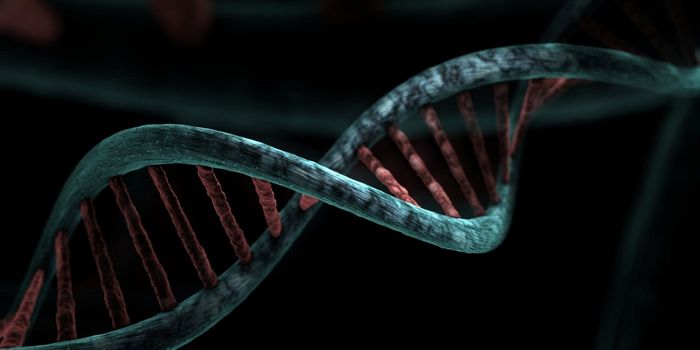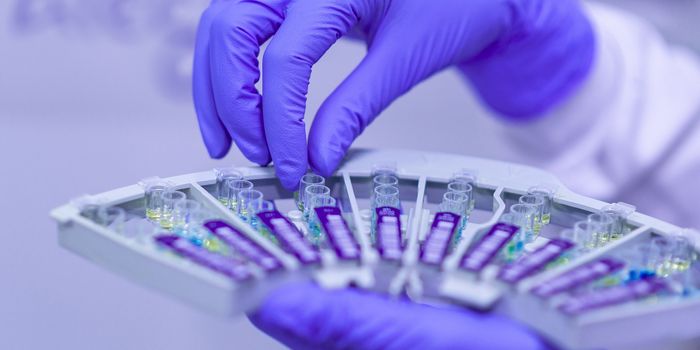A Novel Cancer Treatment Reprograms Cell Death and Triggers Robust Immunity
Cancer is classified as the uncontrollable growth of mutated cells. There are different types of cancers that correlate to various tissues and organs. When individuals hear “cancer” they tend to think of breast cancer or another type of solid tumor. While about 90% of new cancer diagnoses are solid tumors, the remaining 10% are hematologic or blood cancers. Hematological malignancies affect the blood, bone marrow, and lymph nodes. Specific blood cancers include leukemia, lymphoma (Hodgkin’s and non-Hodgkin’s), and multiple myeloma. Around the world, these cancers account for about 7% of all cancer-related deaths, with a projection to increase to about 4.6 million cases in 2030.
Symptoms for hematological malignancies can vary and present in a wide range. Most common symptoms include fatigue, fever, weight loss, bruising, bleeding easily, anemia, low platelet count, and low white blood count. Many patients will also feel bone pain and muscle weakness accompanied by headaches and seizures. Current standard-of-care therapy include chemotherapy combined with another form of treatment. Dependent on the patient and the stage of the cancer, physicians can prescribe targeted therapies, immunotherapies, and stem cell transplants. However, some cancers find ways to resist therapy and continue to progress. Currently, many scientists are working to overcome barriers and improve therapy for patients with hematological malignancies.
A recent article in Science Advances, by Dr. Philippe Bousso and others, demonstrated that an immunotherapy can elicit a strong antitumor response by reprogramming malignant immune cells in lymphomas and leukemias. Bousso is an immunologist and head of the Dynamics of Immune Responses Unit at the Pasteur Institute in France. His work focuses on understanding immune responses in different diseases using innovative imaging approaches. Importantly, his work has helped the field of immunology redefine immune cell functions and showed how proteins secreted by immune cells can have an effect in distal locations throughout the body.
The immune system works to eliminate disease and infection throughout the body. Immunotherapy works to amplify and harness this natural process to effectively treat diseases, like cancer. One way in which immunotherapy can eliminate infection is by triggering cell death, known as necroptosis, which results in the dying cells secreting signals to stimulate surrounding immune cells. Bousso and his team worked to enhance this process through therapy so that dying cells can further elicit immunity.
To elicit necroptosis and generate a strong immune response, researchers generated a triple combination immunotherapy targeting malignant B cells in blood cancers. The three drugs used are already in clinical practice and can feasibly be approved for cancer treatment. As expected, the triple therapy regimen induced cancer cells to die through necroptosis; however, it unexpectedly elicited a strong immune response that significantly lowered tumor growth. The findings were captured using intravital imaging where scientists could monitor cell-to-cell interactions.
Bousso and his team successfully tested a novel triple therapy regimen in models of blood cancers. The treatment not only eliminated tumor cells, but generated an enhanced immune response. This is a novel way of destroying cancer cells, which scientists can harness to support antitumor immunity. The next step is to apply this therapy to the clinic for patients with lymphomas and leukemias. Overall, researchers believe that this has the potential to enhance therapeutic output and improve patient survival.
Article, Science Advances, Philippe Bousso, Pasteur Institute








